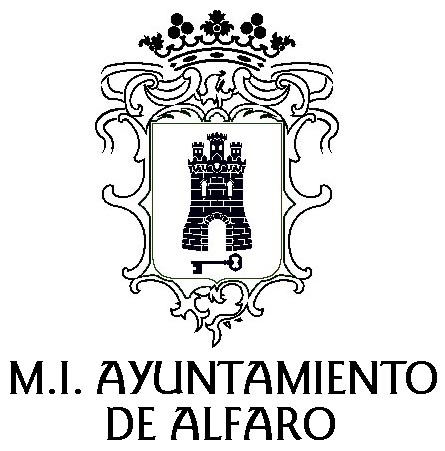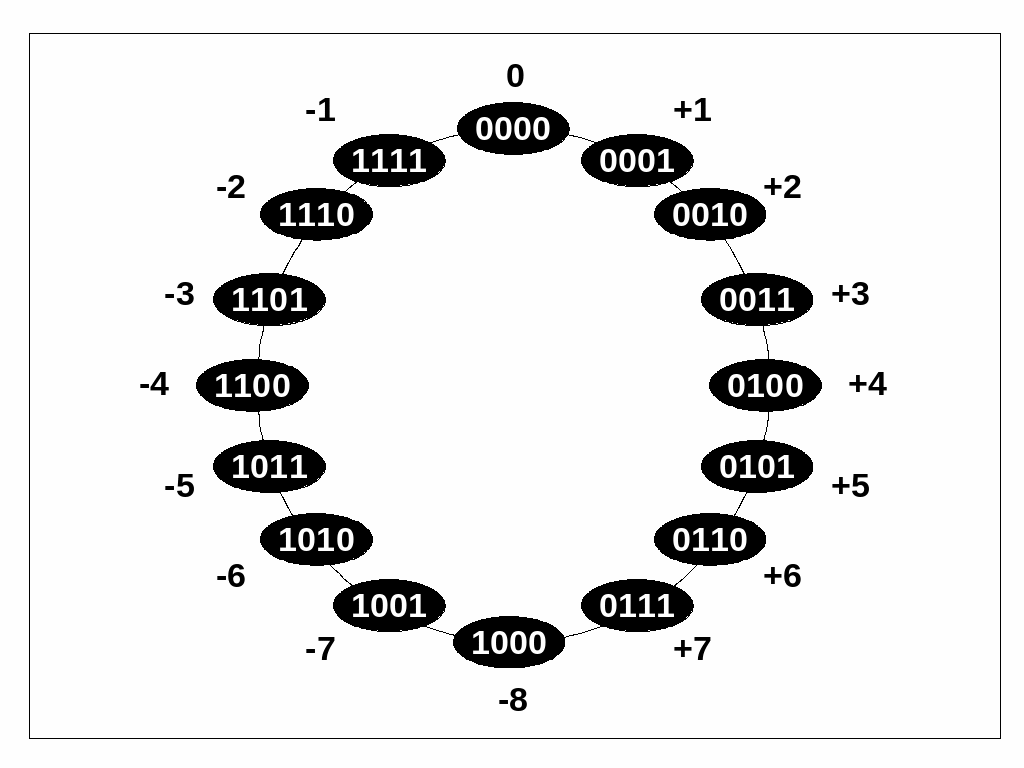DO NOT WRITE ON THIS DOCUMENT…CLASS SET MARBURY V
KILKENNY COUNTY COUNCIL ARTS OFFICE EMERGING WRITER RESIDENCY(still) More Naming Practice Write the Names of the
0510 SECTION 22 31 11 WATER SOFTENERS SPEC WRITER
0510 SECTION 26 22 00 LOWVOLTAGE TRANSFORMERS SPEC WRITER
0510 SECTION 26 27 26 WIRING DEVICES SPEC WRITER
0510 SECTION 26 29 11 MOTOR STARTERS SPEC WRITER
DO NOT WRITE ON THIS DOCUMENT…CLASS SET
Marbury v. Madison (1803) *KEY*
Origin of the Case: In 1801, just before he left office, President John Adams appointed dozens of Federalists as judges. Most of these “midnight judges” took their posts before Thomas Jefferson, Adams’s Democratic-Republican successor, took office. Jefferson ordered his secretary of state, James Madison, to block the remaining appointees from taking their posts. One of these appointees, William Marbury, asked the Supreme Court, using the Judiciary Act of 1789 as his argument, to issue an order forcing Madison to recognize the appointments.
Court’s Opinion: Chief Justice John Marshall wrote the Court’s opinion on the case and stated that Marbury had every right to receive his appointment. Further, Marshall noted the Judiciary Act of 1789 gave Marbury the right to file his claim directly with the Court. However, Marshall questioned whether the Court had the power to act. The answer, he argued, rested on whether this be a case that could be argued directly in the Supreme Court without first being heard by a lower court.
This case was the first time that the Supreme Court declared an act of Congress (a section of the Judiciary Act of 1789) to be unconstitutional. This is an exercise of the power of judicial review—the power of the federal courts to interpret laws in light of the Constitution.
Chief Justice John Marshall explained, “[T]he Constitution of the United States confirms and strengthens the principle… that a law [offensive] to the Constitution is void (cancelled)…Furthermore, the Supreme Court is the proper authority to decide if a law is in conflict with the Constitution.” He called this responsibility “the very essence of judicial duty.” In the Federalist Papers, Alexander Hamilton discussed “the rights of the courts to pronounce legislative acts void, because contrary to the Constitution…” He explained in Federalist No. 78, “No legislative act, therefore, contrary to the Constitution, can be valid…” Although the Founders, including Hamilton, considered the courts the weakest branch of government, their power to identify and invalidate unconstitutional laws is essential to the preservation of constitutional law.
Figure it out with a partner.
What did William Marbury want? Who kept it from receiving it and why?
His appointed judicial position/Jefferson ordered Madison to block the position, because Jefferson was a Democratic Republican and Marbury was a Federalist.
Why did Marbury take Madison to court? What law was his case based on?
To have the Supreme Court issue an order forcing Madison to recognize his appointment/ Judiciary Act of 1789
Why did Chief Justice John Marshall question the Supreme Court’s power to act?
Constitution states cases heard in the Supreme Court and this did not qualify (should have first been heard in a lower court)
What principle did this case establish?
Judicial Review
What did he call the “very essence of judicial duty”?
The responsibility of the Supreme Court to decide if a law conflicts with the Constitution
Throughout American history, some have asserted that states, and not the Supreme Court, are the rightful judges of whether a law is constitutional. What would be some advantages and disadvantaged of this arrangement?
Varies- (Ex:)
Advan: States can make laws that fit the needs of their borders
Disadvan: Confusing when people move from state to state (no consistency)
1 SHOULD WE WRITE PRICES IN WORDS ALL
1 Write a two or Three Sentence Summary of
1 WRITE MYYOUR HIS HER ITS OUR OR THEIR
Tags: document…class set, write, marbury, document…class
- RAZPISNA DOKUMENTACIJA ZA JAVNI RAZPIS ZA SOFINANCIRANJE STROŠKOV SAMOZAPOSLITVE
- SMJERNICE O DEFINIRANJU I PRIOPĆAVANJU „FISKALNIH ILI FINANCIJSKIH MJERA”
- PROBLEMAS Y RETOS EN LA ENSEÑANZA DE LA HISTORIA
- CURRICULUM VITAE FRITZ RENDEMANN PERSONAL DATA ADDRESS AMAGERGADE
- 7623 PÉCS HEIM PÁL U 2 TELEFON 72532249 308205607
- ANEJO Nº 9 SEÑALIZACIÓN BALIZAMIENTO Y BARRERAS DE SEGURIDAD
- ANGGARAN DASAR KOPERASI DOSEN DAN KARYAWAN UNIVERSITAS AHMAD DAHLAN
- CÁC NHÂN TỐ THÀNH CÔNG CỦA CÁC DỰ ÁN
- CURRICULUM VITAE NICOLA VERNON NAME NICOLA VERNON DATE OF
- COMPLEMENTOS DEL VERBO (ESQUEMA DE IDENTIFICACIÓN) CD (COMPLEMENTO DIRECTO)
- FAQ OPTIK FRÅN JAKT VAPEN OCH HANDLADDNINGSFORUMET F FRÅGA
- BALTIJAS STARPTAUTISKĀ AKADĒMIJA OTRĀ LĪMEŅA AUGSTĀKĀS PROFESIONĀLĀS IZGLĪTĪBAS STUDIJU
- SMJERNICE ZA OTVARANJE PREDŠKOLSKIH USTANOVA NAKON PANDEMIJE COVID19 UNICEF
- SITE SPECIFIC SEARCHING WITHIN GOOGLE USING GOOGLE ADVANCED SEARCH
- 233 BCH EXPERIMENT – 1 INTRODUCTION TO THE MOST
- FOSTER HOMEANIMAL SHELTER AGENT AGREEMENT GEORGIA DEPARTMENT OF AGRICULTURE
- 4 LA MÚSICA INSTRUMENTAL EN EL RENACIMIENTO INTRODUCCIÓN DEL
- 3 52018 PROCURADURÍA PARA LA DEFENSA DE LOS DERECHOS
- INSTRUKCJA LOGOWANIA SIĘ DO STRONY UONETPLUS ( DZIENNIK ELEKTRONICZNY)
- SENTENZA 1701984 GIUDIZIO GIUDIZIO DI LEGITTIMITÀ COSTITUZIONALE IN VIA
- PODACI O PODNOSIOCU ZAHTJEVA IME I PREZIME PODNOSIOCA ZAHTJEVA
- TIPO DE PRODUCTO PRODUCTO QUE RESULTA DE LA COMBINACIÓN
- FKP133 MIECHÓW (WNIOSKODAWCA) TEL …
- AULA “VITAL” SOLICITUD DE PARTICIPACIÓN DATOS DEL CENTRO
- DOMAĆI ZADATAK 9 NA ELEKTROENERGETSKI SISTEM (EES) JE POTREBNO
- BODYNAMIC INTERNATIONAL APS ANSØGNING OM OPTAGELSE PÅ BODYNAMIC INTERNATIONAL’S
- TEORIA DAS ORGANIZAÇÕES (CORRENTE) CÓDIGO CAD1021 NOME TEORIA DAS
- NORTH CAROLINA DEPARTMENT OF HEALTH AND HUMAN SERVICES PRIVACY
- CURRICULUM VITAE A PERSONAL INFORMATION NAME NIZAR BAKIR YAHYA
- UNMIK INSTITUCIONET E PËRKOHSHME VETËQEVERISËSE PRIVREMENE INSTITUCIJE SAMOUPRAVLJANJA PROVISIONAL
PROBLEM SET 8 FE312 FALL 2008 RAHMAN SOME ANSWERS
ABSTRAK PENELITIAN INI MENGUJI PERAN MEKANISME GCG DAN BUDAYA
16 CANAL 5 – TELEVISION NACIONAL DE URUGUAY SERVICIO
 INFLUENCIA DE DIFERENTES ANTIBIÓTICOS AMINOGLICÓSIDOS SOBRE LA REGENERACIÓN DE
INFLUENCIA DE DIFERENTES ANTIBIÓTICOS AMINOGLICÓSIDOS SOBRE LA REGENERACIÓN DEAUDIÈNCIA PÚBLICA DE BARCELONA DISTRICTE HORTAGUINARDÓ DIA 22 DE
SEMESTER WISE PATTERN OF THE BTECHTEXTILE PROCESSING COURSE SEMESTER
ACTAS II CONGRESO INTERNACIONAL DE HISTORIA ANTIGUA (VALLADOLID 10
THE GROWING CHANGES IN THE ROMANIAN SOCIETY THE GROWING
CONSIDERING YEAR END TAX IMPLICATIONS THERE ARE A NUMBER
UMOWA NR ………………… WZÓR NINIEJSZA UMOWA ZOSTAJE ZAWARTA DNIA
 FACULTAD DE CIENCIAS PROGRAMA DE INTERCAMBIO ERASMUS +
FACULTAD DE CIENCIAS PROGRAMA DE INTERCAMBIO ERASMUS + LEY 701978 26 DE DICIEMBRE DE RECONOCIMIENTO DE SERVICIOS
 ACTA DE CONSTITUCIÓN DEL TRIBUNAL Y REALIZACIÓN DEL PRIMER
ACTA DE CONSTITUCIÓN DEL TRIBUNAL Y REALIZACIÓN DEL PRIMERTHERE IS CURRENTLY NO PRESCRIBED FORM FOR ADDITIONAL DISCLOSURE
PRIMORSKOGORANSKA ŽUPANIJA DOM ZA STARIJE I NEMOĆNE OSOBE „MARKO
 DATE OF ENTRY SEPTEMBER 16 1998 NATIONAL DAY OCTOBER
DATE OF ENTRY SEPTEMBER 16 1998 NATIONAL DAY OCTOBER AMCP WG M 12 19 DECEMBER 2000 MALMO
AMCP WG M 12 19 DECEMBER 2000 MALMO“TIMBRE DA EMPRESA” TERMO DE COMPROMISSO DE ESTÁGIO PREVISTO
2015 WASHINGTON DC MARDI GRAS 2 2015 WASHINGTON MARDI
 HOOFDSTUK 4 ENKELVOUDIGE TYPES ENKELVOUDIGE TYPES ZIJN VERZAMELINGEN VAN
HOOFDSTUK 4 ENKELVOUDIGE TYPES ENKELVOUDIGE TYPES ZIJN VERZAMELINGEN VAN